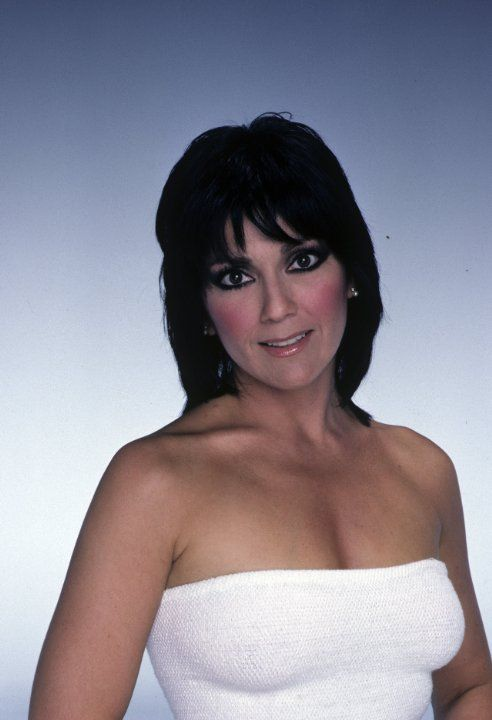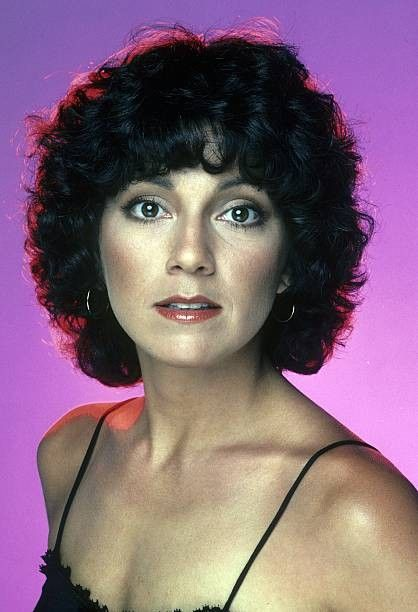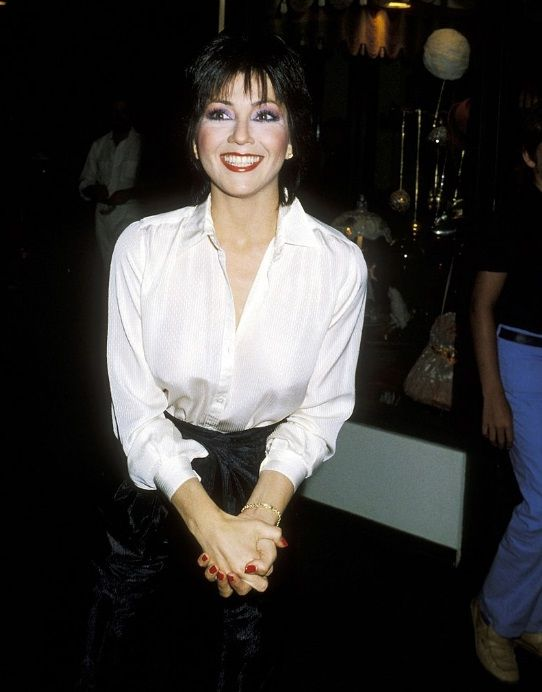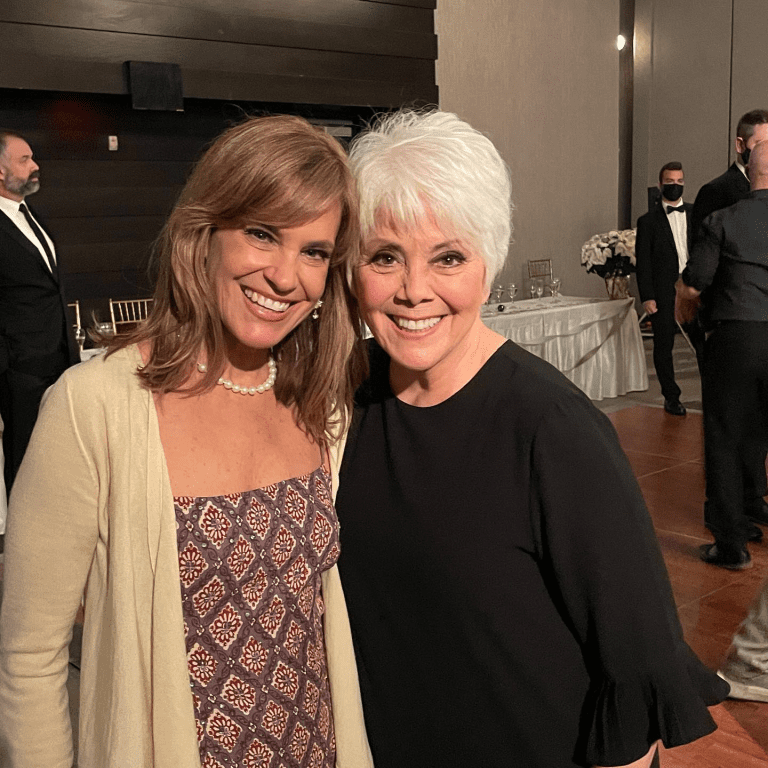When you think of 1970s television, a few names immediately light up the memory reel—and Joyce DeWitt is one of them. Best known for her role as the witty, grounded, and irresistibly charming Janet Wood on Three’s Company, Joyce embodied the balance of brains, beauty, and charisma that made her a household favorite. But while her on-screen presence captured millions of hearts, her life off-screen took an unexpected turn. She seemingly disappeared from the spotlight at the height of her fame. So, what really happened to Joyce DeWitt? Let’s explore the story of this remarkable actress who chose authenticity over Hollywood chaos.

From Small-Town Dreams to the Big Stage
Born on April 23, 1949, in Wheeling, West Virginia, and raised in Speedway, Indiana, Joyce DeWitt’s story started far from the glitz of Hollywood. From a young age, she showed a love for storytelling and performance. She wasn’t chasing fame—she was chasing fulfillment through the art of acting.
After earning a theater degree from Ball State University, she pursued a Master of Fine Arts at UCLA, one of the most prestigious acting schools in the country. Her education wasn’t just a formality—it became the foundation for her craft. Joyce was trained to act with depth, emotion, and truth, qualities that would later define her career.
Her dedication paid off. In 1977, she landed a role that would forever change her life.
Video: Joyce Dewitt – Three’s Company’s Janet Wood
The Breakout Moment: ‘Three’s Company’ and the Magic of Janet Wood
When Three’s Company premiered in 1977, television audiences were instantly hooked. The sitcom’s playful mix of comedy, charm, and cheeky misunderstandings became an overnight sensation.
Joyce DeWitt brought intelligence and warmth to her role as Janet Wood, the responsible and quick-witted roommate to John Ritter’s lovable Jack Tripper and Suzanne Somers’ bubbly Chrissy Snow. While Somers’ character was all innocence and flirtation, Joyce’s Janet offered grounding humor and relatable strength.

Her chemistry with Ritter was pure magic—funny, heartfelt, and perfectly timed. Their interactions brought balance to the show’s zany energy and made audiences feel like they were part of the trio’s quirky world.
Behind the laughter, though, life on set wasn’t always as smooth as it appeared. Disputes over salary and creative differences created tension among the cast, particularly during Suzanne Somers’ controversial exit from the show. Through it all, Joyce stayed professional and loyal to her craft, quietly proving that true grace doesn’t need a spotlight.
Life After the Laughter: A Step Away from the Spotlight

When Three’s Company ended in 1984, most assumed Joyce would continue to thrive in Hollywood. Yet, she surprised everyone by stepping back. In an industry obsessed with fame, her decision was bold and deeply personal.
She took time to reflect and reconnect with herself. For Joyce, acting had always been about passion, not publicity. Hollywood’s commercial pressures no longer aligned with her values, so she chose a different path—one filled with creativity, but on her own terms.
Video: 13 Sweet Photos of Joyce DeWitt
She turned to theater, her first love, performing in plays across the country and earning praise for her stage presence. Audiences were reminded that behind the sitcom star was a classically trained actress capable of commanding a room with authenticity and heart.
Love and Privacy: A Life Lived Quietly

Joyce DeWitt’s personal life has always been shrouded in mystery—and intentionally so. While her Three’s Company co-stars often made headlines, Joyce preferred a life away from public scrutiny.
She had a long-term relationship with actor Ray Buktenica, but the couple eventually went their separate ways. Joyce never married, and she’s been open about feeling no need to follow traditional expectations. Her independence is part of what makes her story so refreshing.
Unlike many stars who crave constant attention, Joyce built a life rooted in peace and purpose rather than paparazzi. Her ability to live privately in an industry that rewards exposure is part of her enduring mystique.
A Subtle Return: Rediscovering Her Passion

After years away from television, Joyce made her return to the screen in the 2000s. She appeared in several independent films and TV guest roles, reminding audiences that her talent had never faded—it had only evolved.
In 2012, fans were thrilled to see her reunite with Suzanne Somers on stage for Suzanne Somers’ Breaking Through. Their heartfelt reunion not only symbolized forgiveness but also nostalgia for one of the most beloved sitcoms in TV history.
Today, Joyce continues to stay active in theater and philanthropy. She supports charitable organizations and participates in artistic projects that align with her values. She may not seek the spotlight, but when she appears, her grace and presence are impossible to ignore.
Why Joyce DeWitt’s Legacy Still Matters

Joyce DeWitt’s journey represents something rare in Hollywood—integrity. She’s proof that success doesn’t always mean staying in front of the camera. Sometimes, it’s about choosing the path that brings peace, purpose, and personal growth.
Her portrayal of Janet Wood remains one of the most beloved characters in sitcom history—a woman who was intelligent, confident, and funny without ever being reduced to a stereotype. Joyce opened doors for actresses who wanted to be seen for their talent, not just their looks.
And though decades have passed since Three’s Company, her work continues to inspire fans who grew up watching her and younger audiences discovering the show for the first time.
Where She Is Today: Living Life on Her Own Terms

Now in her seventies, Joyce DeWitt enjoys a life far removed from Hollywood’s chaos. She still acts occasionally, primarily in theater, but spends most of her time focusing on creative fulfillment and giving back through charity work.
She remains active in causes that promote the arts and humanitarian outreach, embodying the same compassion and intelligence that made her beloved on-screen. While she may not chase fame anymore, she continues to leave a quiet but powerful mark wherever she goes.
Conclusion: The Legacy of a Timeless Talent

Joyce DeWitt’s story is one of courage, authenticity, and self-respect. She could have stayed in Hollywood’s spotlight, but she chose something more valuable—herself. From her early days in Three’s Company to her lifelong dedication to the arts, she has shown that true success comes from living honestly and purposefully.
Her decision to walk away didn’t end her story—it defined it. Joyce DeWitt remains a symbol of timeless grace, intelligence, and quiet strength. She may have stepped out of the spotlight, but she will forever shine in the hearts of those who loved her work and admired her for who she truly is—a woman who knew exactly when to take her final bow and when to simply live.


